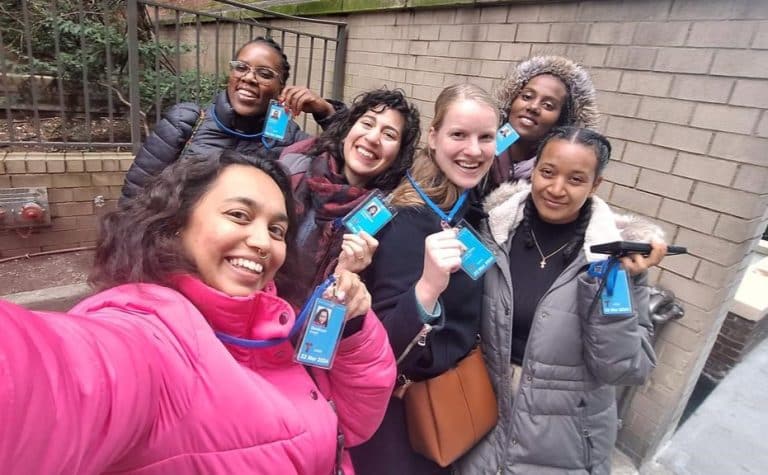Tom Buis
How can we protect ourselves against the powerful lobby of corporations that threatens our health? To answer this question, Wemos invited Professor Nicholas Freudenberg to come to Europe to speak in the European Parliament, at the Dutch Ministry of Health, Welfare and Sports, and in De Balie (for a larger audience).
Professor Freudenberg is affiliated with the City University of New York School of Public Health and a public health expert. He is also the author of the book ‘Lethal but Legal’, in which he delves into the question of how corporations in six industries influence our health, and in which he advocates protecting public health.
At the moment, this topic could not be more relevant in the Netherlands. The political storm surrounding the memos on Dutch dividend tax has – yet again – demonstrated the extent of the influence of large multinationals on Dutch policy.
19 million casualties
The influence of multinationals is not limited to economic policy. Industry policy from the tobacco, food, beverage, alcohol, automotive, weapon and pharmaceutical sectors is known for its impact on health. Corporations that are active in these industries therefore thwart every form of regulation that can be beneficial to public health. According to Professor Freudenberg, a network of consumer organizations, financial institutions, advertisers, politicians, lobbyists and scientists – coined by him as the ‘corporate consumption complex’ – supports corporations that promote harmful (excessive) consumption. An estimated 19 million casualties worldwide is believed to be related to the consumption of products manufactured by one of these six industries. The estimated number of non-fatal cases of people becoming ill because of this consumption has not even been included here. In other words, the issue is problematic and enormous.
Hope for change
In his presentation for members of the European Parliament and NGOs in Brussels, Freudenberg mentioned that there is hope for change. A government with strong(er) stewardship that protects science from the influence of corporations, together with a stronger public sector, must ensure that our health care is protected again.
One of the solutions that Freudenberg proposes to limit industry manipulation is that politics (and science) should adopt this protective role. He stressed the dangers of industry-sponsored knowledge being the primary source for politicians, instead of independent research from knowledge institutes.
Strengthening the public sector is another possible solution, according to Freudenberg. This sector can force the private sector into competition in the case of artificial monopoly, such as is the case with the pharmaceutical industry. Take for example the pharmaceutical industry’s deals with generic medicines producers, who (because of those deals) delay selling their generic products. While this benefits the pharmaceutical producer’s profits, it is detrimental to health costs. A strong government body is needed to counter this. Moreover, the public sector can offer services and products that are in the interest of the public good, instead of the mere interest of shareholders. This should lead to a more balanced relationship between the private and public sector.
In my opinion, perhaps Freudenberg’s most important advice was that we should be careful not to adopt the viewpoint that no other world other than the current one is possible. We must express our concerns about corporate influence on democratic decision-making. To truly enable a change, politicians and policymakers should incorporate these concerns in policy.
But to achieve this, we need researchers, journalists and civil society organizations, just like in the case of the dividend tax memos. With support from society we can ensure that – instead of economic interests – health comes first.




